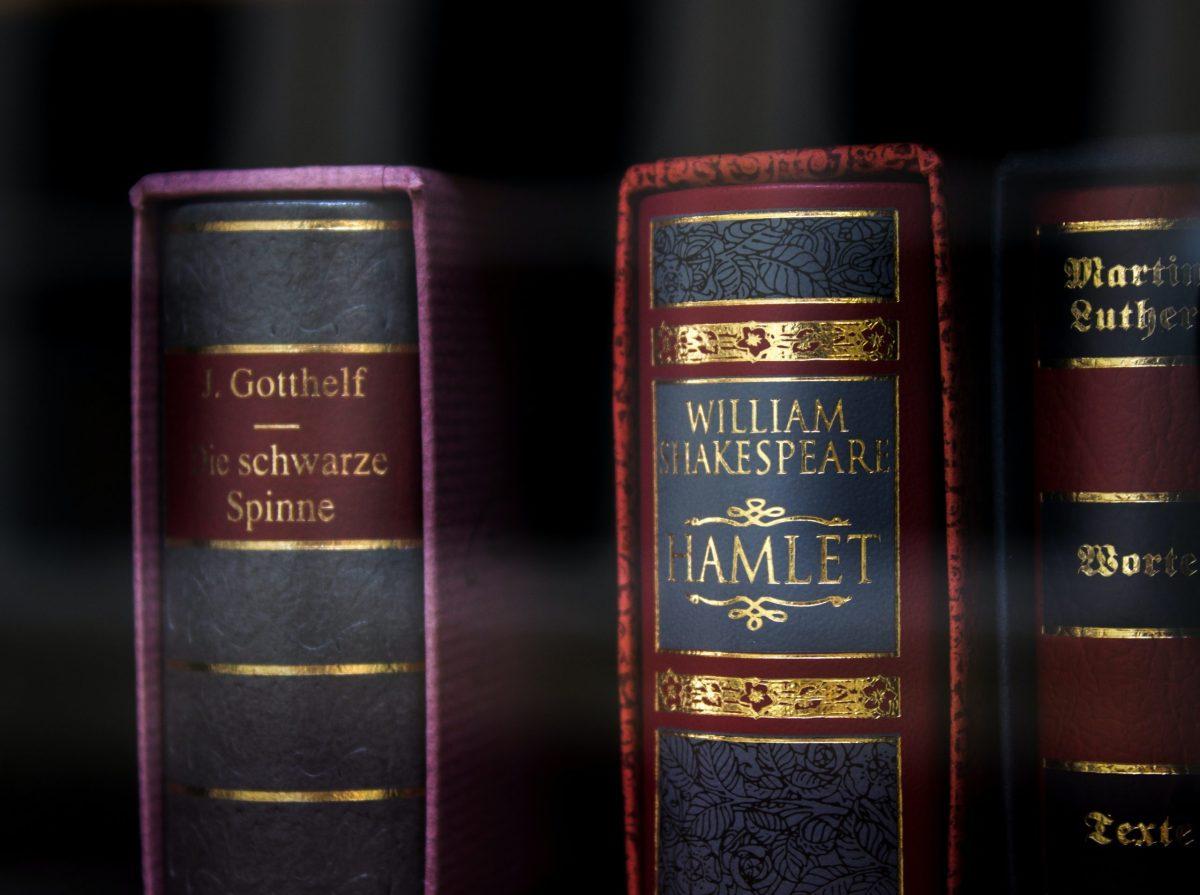Shakespeare has long been considered a major part of the canon of Western literature. Between his well-preserved plays and sonnets about love, grief, cuckoldry, murder and human nature, he has been established as possibly the most influential writer in the history of the English language. I distinctly remember the giddy excitement and anticipation I felt as a freshman in high school being told we would be reading a Shakespeare play that year. My excitement wasn’t because I was such a big fan of the Bard — in fact, at that point I’d never even read anything by him. It was because at the time I had this misconstrued thought that William Shakespeare was the pinnacle of literature and for me to read his work meant I had been elevated to the realm of “great literature.”
But I’m certainly not the only person to have ever placed Shakespeare on a pedestal. At Wellesley, English majors are required to take at least one course in Shakespeare. Of the 52 universities and liberal arts colleges ranked highest by US News & World Report, we are one of four that require English majors to take a course on Shakespeare. No matter Shakespeare’s prominence in the English language, I find this requirement specifically dedicated to his works to be an antiquated idea. Shakespeare’s works contain many problematic undertones. Thus, to hold so strongly on to Shakespeare is also to hold onto the dominating perspective of white-cis-males in literature and writing. It is to hold onto the racism in “Othello,” the antisemitism in “The Merchant of Venice,” the toxic masculinity in “Romeo and Juliet” and the misogyny in “The Taming of the Shrew.”
It’s important to note that Wellesley’s English department and its major requirements are certainly not actively trying to uphold any of these terrible beliefs — we do have a diversity requirement meant to promote postcolonial, minority and ethnic writing. However, I don’t think that a general diversity requirement is enough to offset the precedent maintained by mandating Shakespeare and by proxy the opinions of old white men on what is canonically good literature. As an English major, I understand the appeal of Shakespeare; his command of the English language is beautiful. But if it’s for literary devices and poetic language we keep him around for, why do we not give the same level of name recognition to writers of more marginalized groups such as Toni Morrison, James Baldwin or Claude McKay? There is no person of color, female or LGBTQ+ writer who is singled out or held in as high regard as Shakespeare, and I refuse to believe that it’s a matter of their literary skill.
English is more than just the giants who are considered canon, “great literature” is not exclusive to them. We do not need to continue to fetishize and bandwagon one white man’s perspective of the world and of the human condition. Shakespeare should continue to be taught, the erasure of literature has never done us any good, but a conscious uncoupling from the attachment we have to his work would certainly be healthy.




